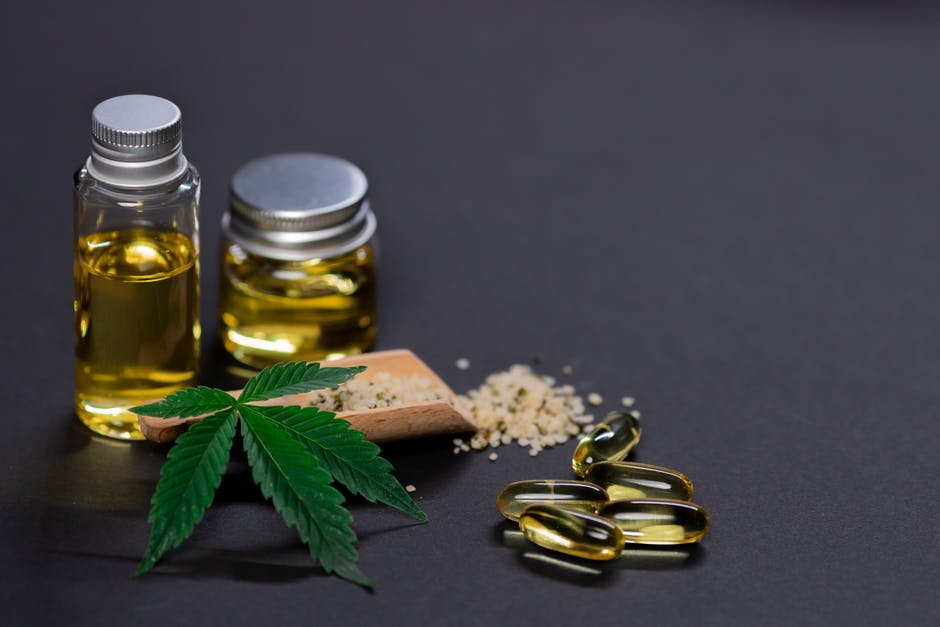CBD vs. CBC: What’s the Difference
Did you know that to date, researchers have discovered over 100 cannabinoids? You’re probably already familiar with CBD and THC, but there’s another cannabinoid worth noting: CBC. Sure, it sounds similar to CBD, but there are some distinct differences between CBD vs. CBC.
Read on to find out which cannabinoid–the popular CBD or the emerging CBC–is suitable for you?
What Is CBD?
CBD isolate is one of the two most common cannabinoids contained in a cannabis plant. Unlike its popular counterpart, THC, CBD is only mildly psychoactive. CBD is unlikely to get you high because it has no THC. And that’s the cannabinoid responsible for the well-known mind-altering effects of marijuana.
However, CBD still influences your endocannabinoid system. Instead of binding to your CB1 and CB2 receptors, it only simulates them. This may benefit your health and wellbeing in ways THC does not–and in a high-free way, too.
People take full-spectrum CBD to:
- Manage pain (see products like CBD freeze pain relief)
- Reduce inflammation
- Manage stress and anxiety
- Help with insomnia
- Reduce nausea
Considered a health supplement, you can take CBD in pill, oil, vapor, or other edible formats. Today, it’s even administered to pets for many of the same reasons their human parents might take it.
What Is CBC?
CBC is an abbreviation for cannabichromene and, of course, comes from the cannabis plant. Unlike CBD, CBC cannabinoid doesn’t bind with or interact with the CB1 (brain) or CB2 (immune cell) receptors. Instead, it interacts with two other receptors:
- Vanilloid receptor 1 (TRPV1)
- Transient receptor potential ankyrin 1 (TRPA1)
These receptors are both linked to the way our bodies perceive and react to pain. CBC works by activating these receptors and increasing the volume of endocannabinoids released by the body.
CBC isolate (and CBD) won’t make you high because it contains very few psychoactive components that make THC appealing for recreational use. Research is in the early stages, but researchers are finding CBC may help treat cancer, pain, and inflammation.
CBC vs. CBD: Differences Explained
There are a lot of similarities between CBD and CBC–for example, neither gets you high, and both may be beneficial for treating various medical conditions. However, it’s important to note their differences before you go ahead and buy one or the other.
As we noted above, CBD and CBC interact with different receptors in the body, meaning that while they may be used to treat similar ailments, they work in very different ways.
There is a more significant body of research into the supplementary and medical use of CBD. However, the investigation into CBC (and other cannabinoids outside of CBD and THC) is still in its infancy.
CBD works best when used alongside other cannabinoids, particularly THC–the so-called “entourage effect.” CBD can be used on its own.
CBC is also newer, so it can be harder to find than CBD. This means fewer dispensaries carry it, and there are fewer pure CBC supplements.
CBD vs. CBC: Which Will You Choose?
Whether you decide to take CBD vs. CBC is likely dependent on which you can access easily. CBD is more readily available, and the effects of both substances are similar. If you have the opportunity, it’s a good idea to try both to see which you prefer.
For more quick dives into cannabis culture, browse the other blogs on our website.


